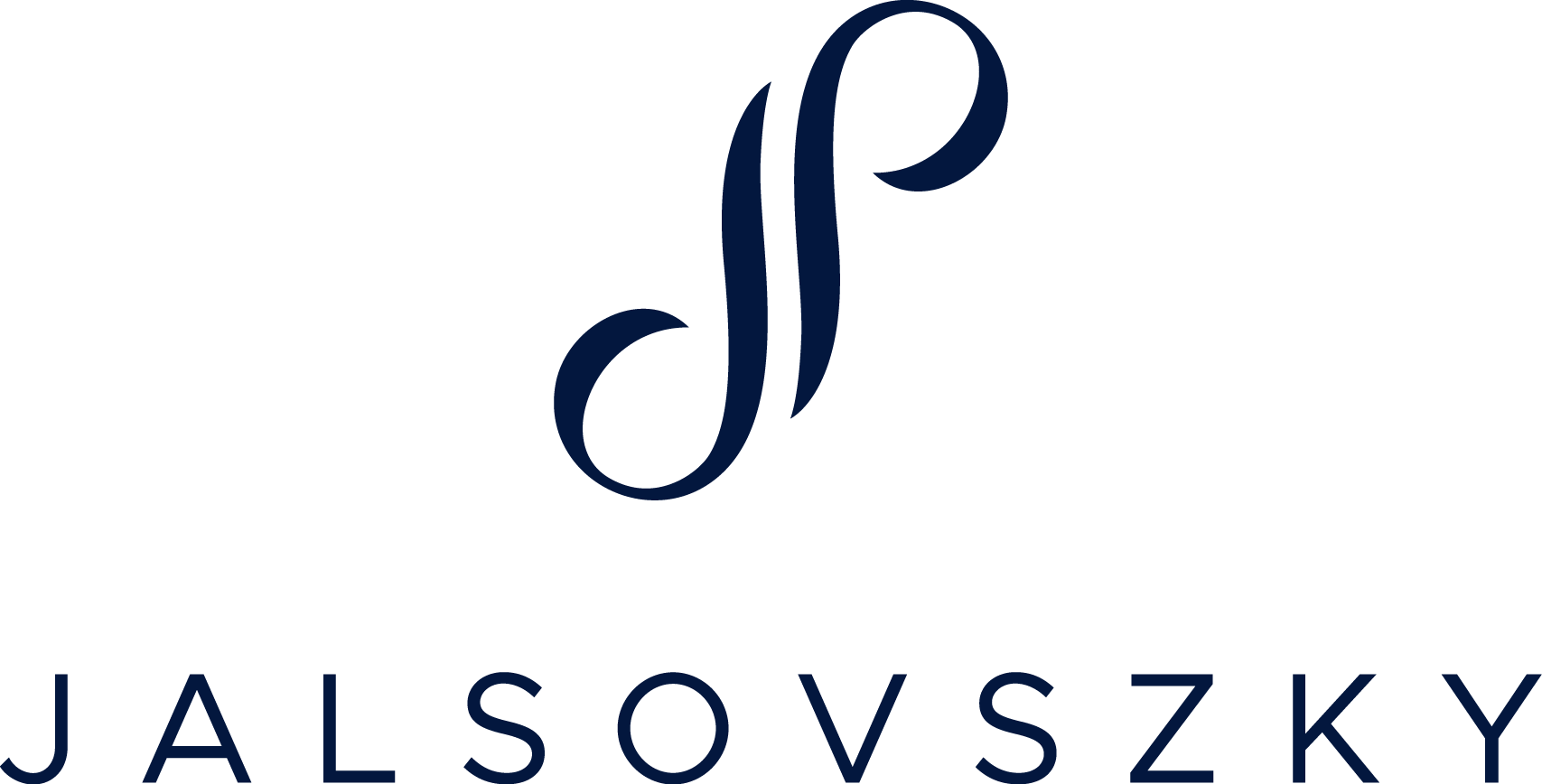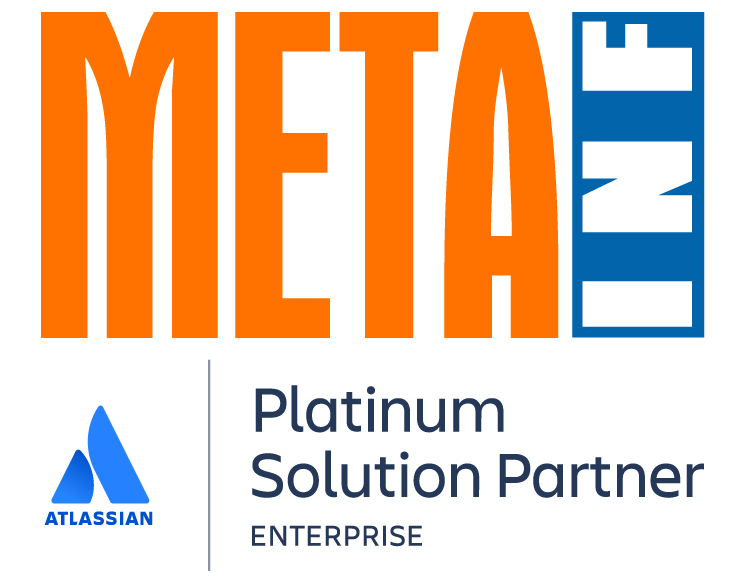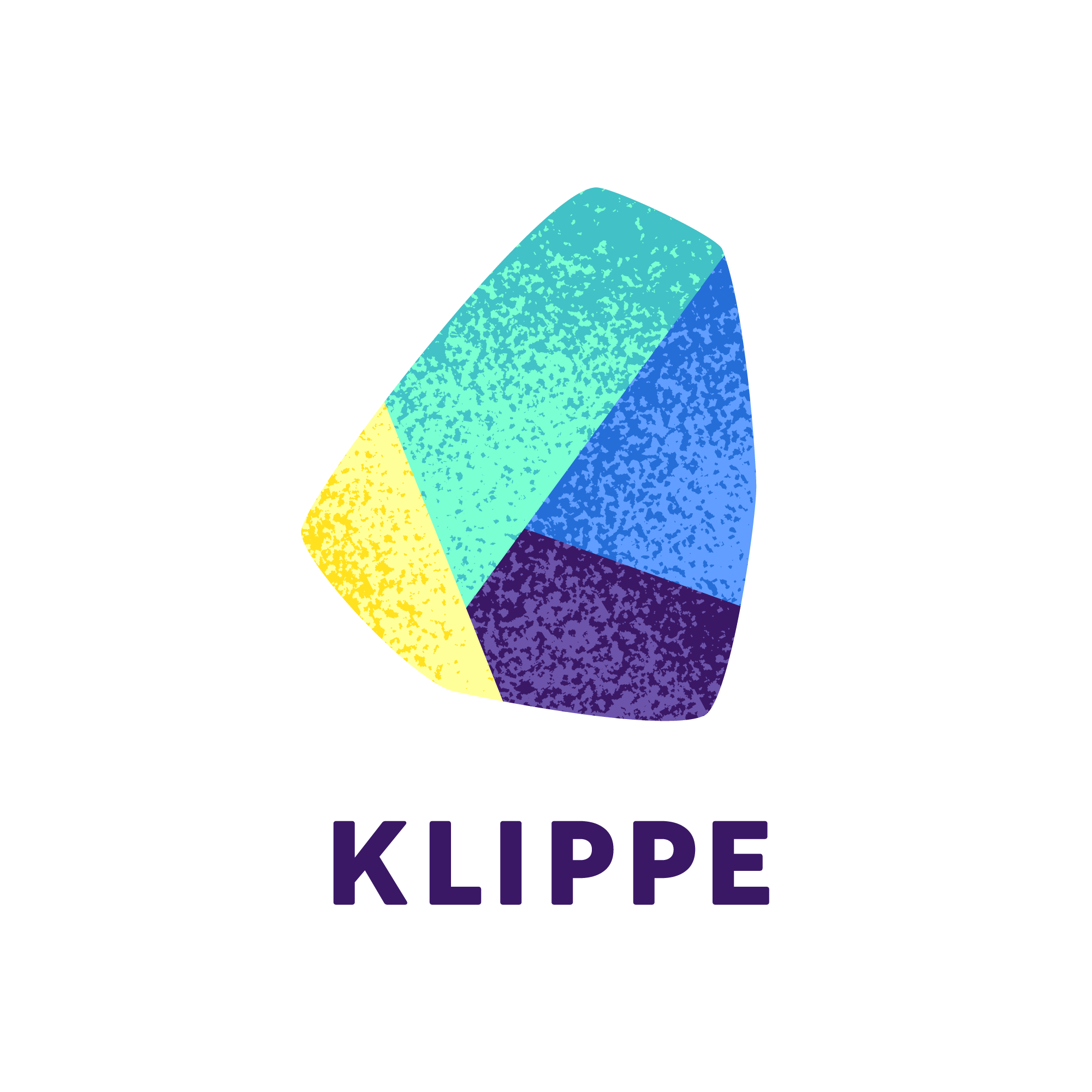Would you believe that the users of the Good Catch together could produce 125 thousand tonnes – that’s five Eiffel Towers worth of steel! – of carbon dioxide emissions in a year just by buying used items instead of new ones? Or that they even have the tools – which they are not afraid to use – to educate people about conscious animal husbandry? Our interview reveals what an ideal for-profit-non-profit partnership looks like from the perspective of an international company, Adevinta Hungary, and how Scale Impact is at the heart of it. Diána Andri, Head of Communications at Adevinta Hungary, talks about their goals, their work with Adevinta and why she personally cares about making an impact on the world.
– What are the current changes taking place, what changes are expected at Adevinta Hungary?
For both brands, we are facing new challenges and changes that affect the platforms or the sectors in which we work. In the case of Használtautó.hu, we have to constantly rethink our approach to tracking car market trends, as new cars arrive in the country more slowly, with longer waiting times and significantly higher prices. This means that, on the one hand, there are fewer used car adverts on our site, while on the other hand, the demand for used cars is growing. And with Jófogás, we are also experiencing an incredibly rapid change in user demands for digital platforms, and it was very timely to undertake a detailed brand refresh, including a more sophisticated visual identity and a fine-tuned communication tone.
– How do you view the concept of “CSR”, how do you approach social responsibility at Adevinta Hungary?
Instead of corporate social responsibility, we have long been talking simply about sustainability, but in different ways:
– on the one hand, our core business is an integral and credible part of the circular economy, as our online platforms (Jófogás and Használtautó.hu) provide the opportunity to sell used products, thus extending their life span
– on the other hand, the central message of all our communication campaigns is how we are a responsible company.
- In this summer’s campaign, we highlighted the emotions and stories associated with second-hand objects by displaying people’s favourite second-hand items, in an effort to get more people to see second-hand objects as valuable and to get involved in the cycle.
- Every year, we demonstrate our Secondhand impact: an independent Scandinavian organisation calculates, based on our average advertising and sales, how much carbon dioxide emissions Jófogás users have saved the Earth in a given year by buying second-hand products instead of new ones, so they don’t have to be remanufactured or scrapped. In 2021, this figure will be 125,000 tonnes, which is the equivalent of producing a staggering 2.7 billion LEGO bricks, 5 Eiffel Towers, 160 million iPhones or 43,000 cars.
- In addition, we have been committed to animal welfare for many years, including the operation of our advertisement system to filter out breeders (private individuals can only advertise dogs and cats for free without a price, while only controlled kennels and shelters can advertise them for money). And last year we backed this up with a series of interactive training videos that provide practical help for novice owners in the most typical situations.
- At the beginning of the year, with other relevant brands and with the professional support of the ORFK, we launched a privacy campaignto educate, highlighting the most common phishing methods so that users can get suspicious in time.
- In this vein, Scale Impact has been working with Donation Taxis to rethink last year’s highly successful, but still project-based, fundraising for single-parent families.
– What can you innovate/change about your (very simplistically) “multis” attitude, even along your own values?
My personal development happened a long time ago, since I worked for 2.5 years in the non-profit sector as a fundraising manager in the field of child protection, where I got a broader perspective and it strengthened my social sensitivity. That’s why every part of my work is permeated by the attitude that, in the end, our activities should have added value.
– How did you choose Scale Impact as your partner?
I have been following the work of the organisation and its colleagues in the professional pages for a long time and have always found it very inspiring to see how they try to connect the business and non-profit sectors in a way that creates value and impact. There is much to learn from each other, whether on professional or organisational development issues, and a credible, independent partner can support both parties. For example, even though we have some insight into NGOs and their work, it is a great help to have a point of contact who can give us guidance not only on what areas to focus on, but also on how to do this with the greatest possible impact and positive change.
– How did you choose Donation Taxi as a partner?
Our activities are very similar, as both Jófogás and Adománytaxi aim to connect the surplus in households with the needs, so we quickly found a common and authentic connection.
– What specifically do you expect, what benefits do you hope to get out of it – in terms of business and/or impact?
Our aim is to use the tools at our disposal (marketing and communication) and ideally fine-tune our operations in a way that will allow us to effectively support more and even more different profiled NGOs in the long term. We don’t have the details of this yet, because we are at the stage of the process where we are assessing the needs and linking them to the opportunities.
– What is already (relatively soon) visible from the cooperation and its expected outcomes?
As a first step, we created a joint survey, which we were able to make widely accessible through Jófogás users, and nearly 3,000 people completed the questionnaire. We will draw lessons from this and determine how, for example, we could use our marketing tools to support Donoraxi by creating different educational and activation messages. I hope that this will soon be clarified and that we will be able to issue a joint press release on the research results in the near future.
– What advice would you give to other companies on how to play a “good” social role?
The first and most important thing is to it helps if a company’s core business is already sustainable and makes a positive contribution to the world. Then you can do everything else, such as mapping your stakeholders and assessing their needs, continuously optimising your operations in an environmentally and socially responsible way, and adapting your operations to best serve the needs of your users/customers, employees and other stakeholders. At the end of the day, it’s about being proud of the work you do and how it will make your child’s future world a better place.
Read also our interview with Tamás Horn, Director of Adománytaxi!
If you’d like to get involved in a development process like Donoraxi’s, check out the details of our 2022 Fall Nonprofit Development Call here!
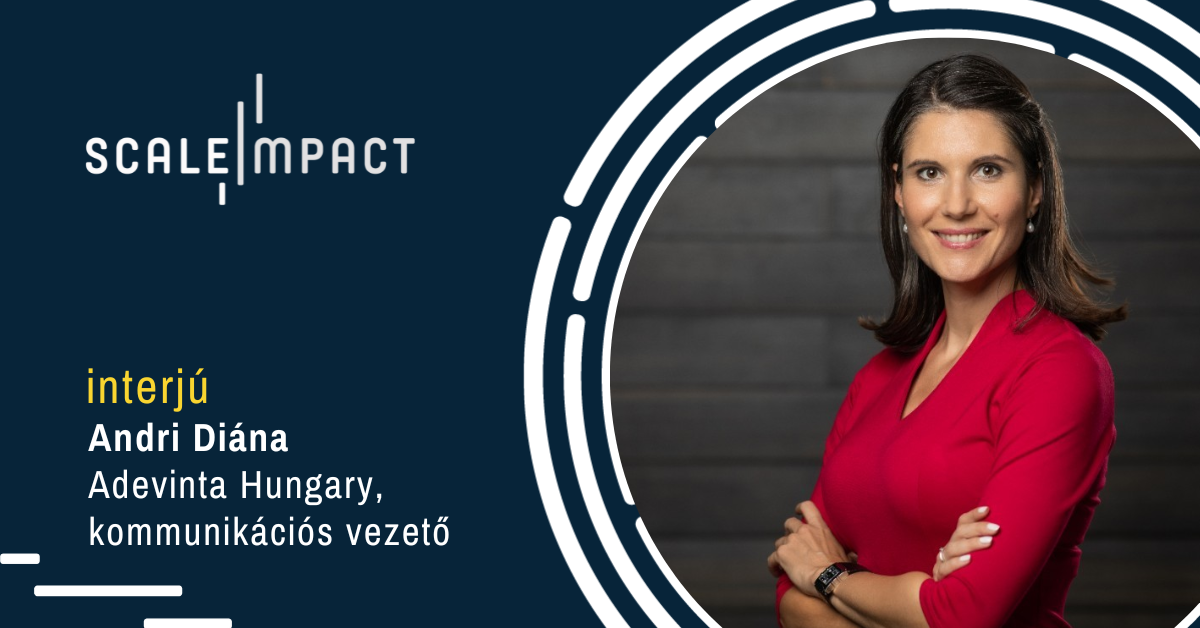
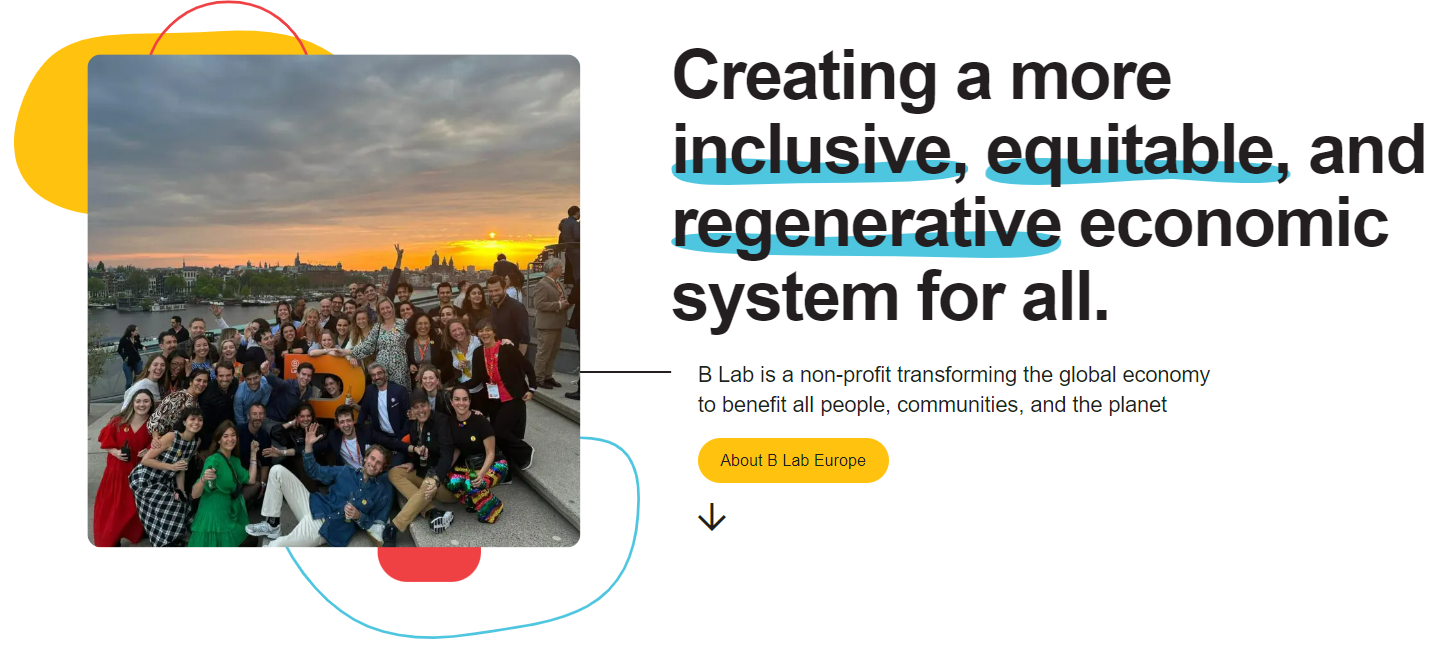
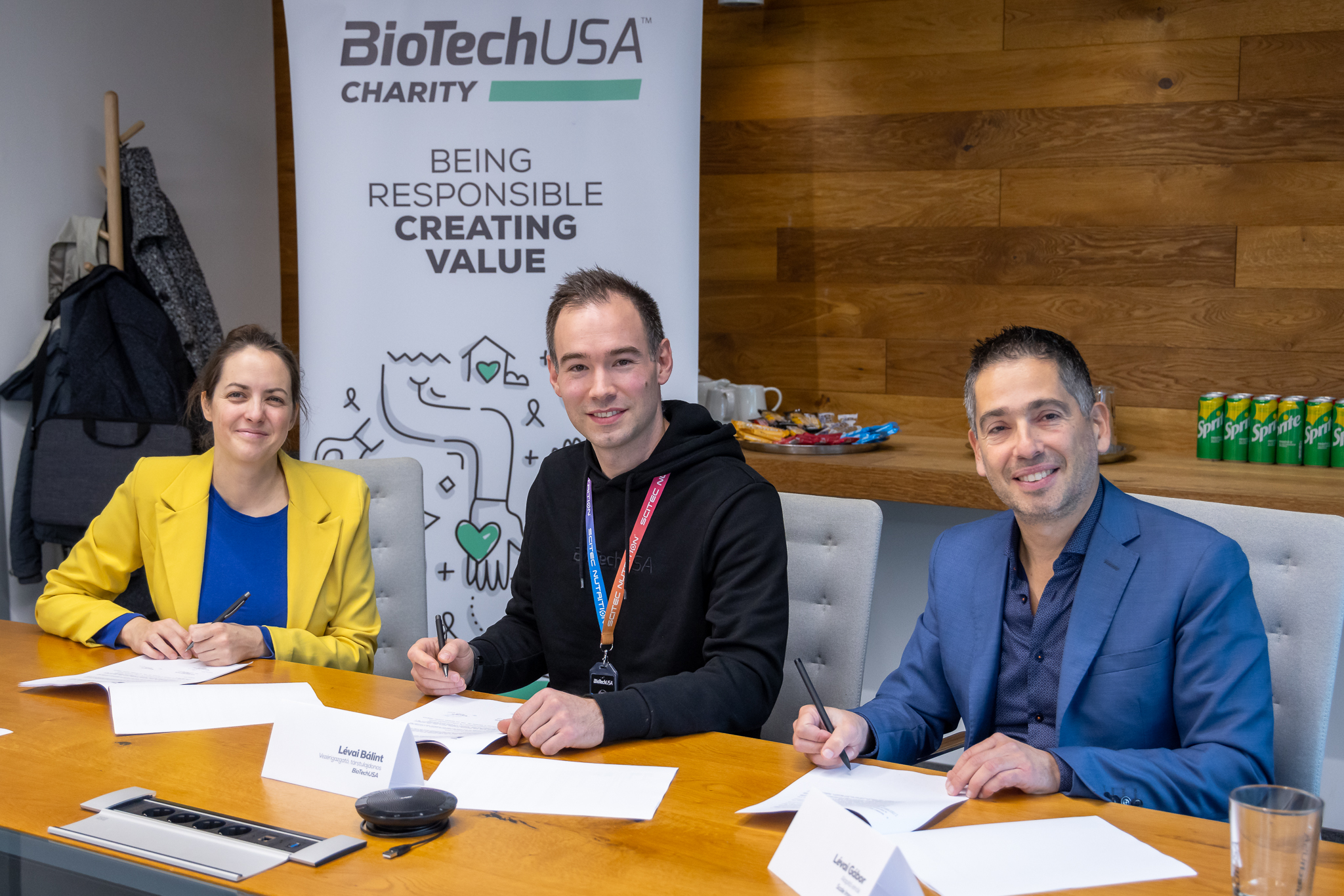
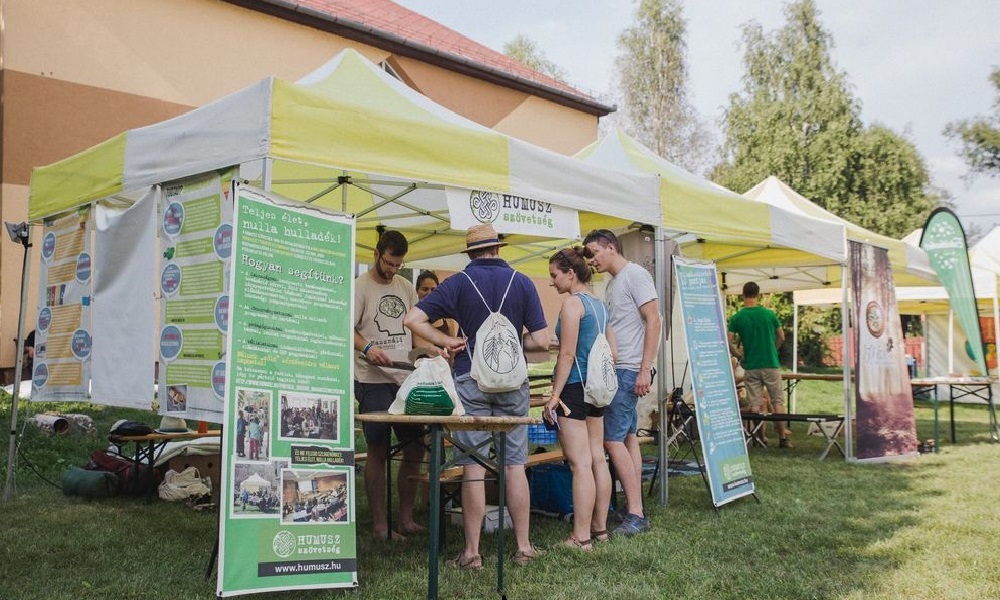
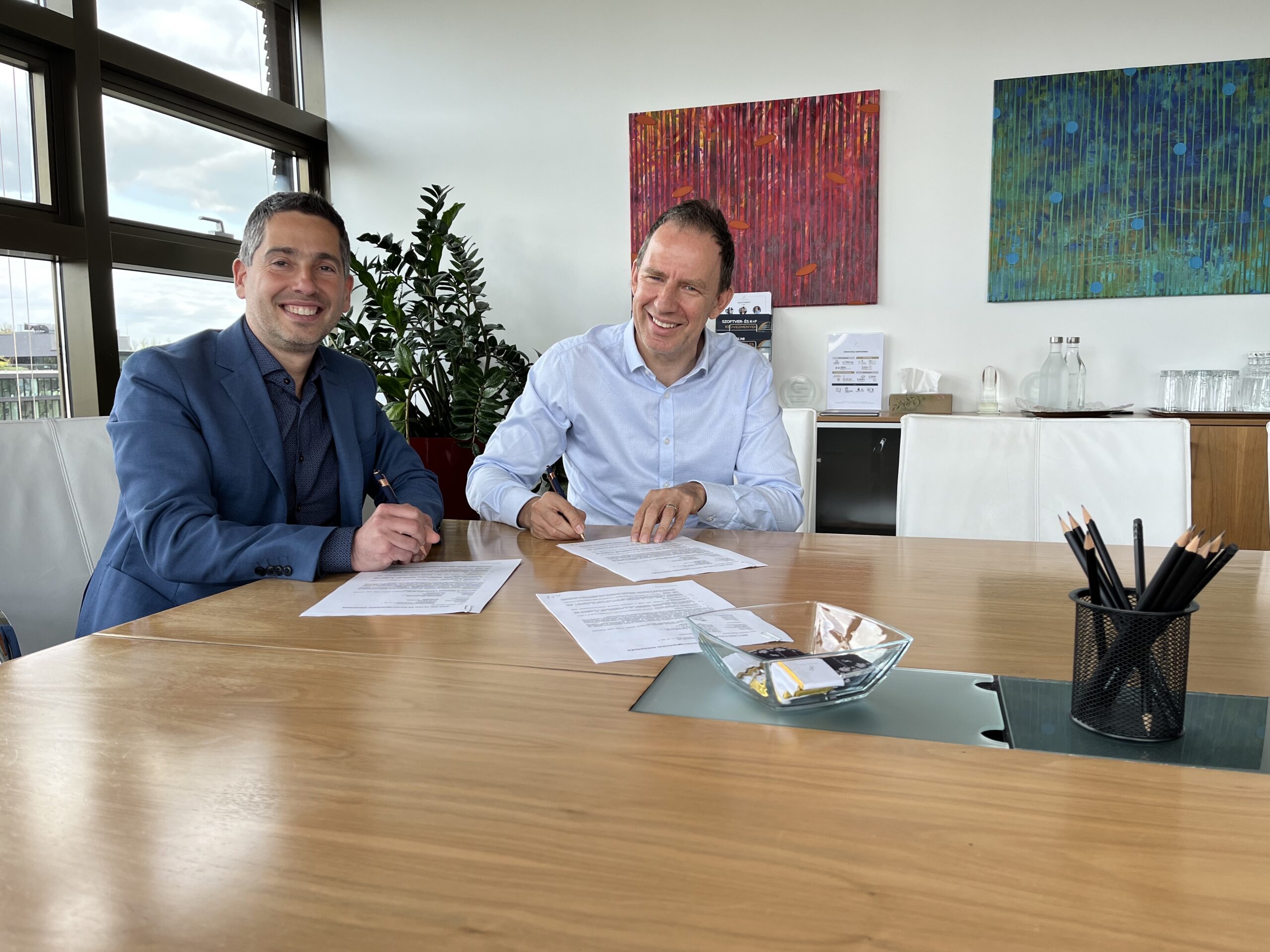
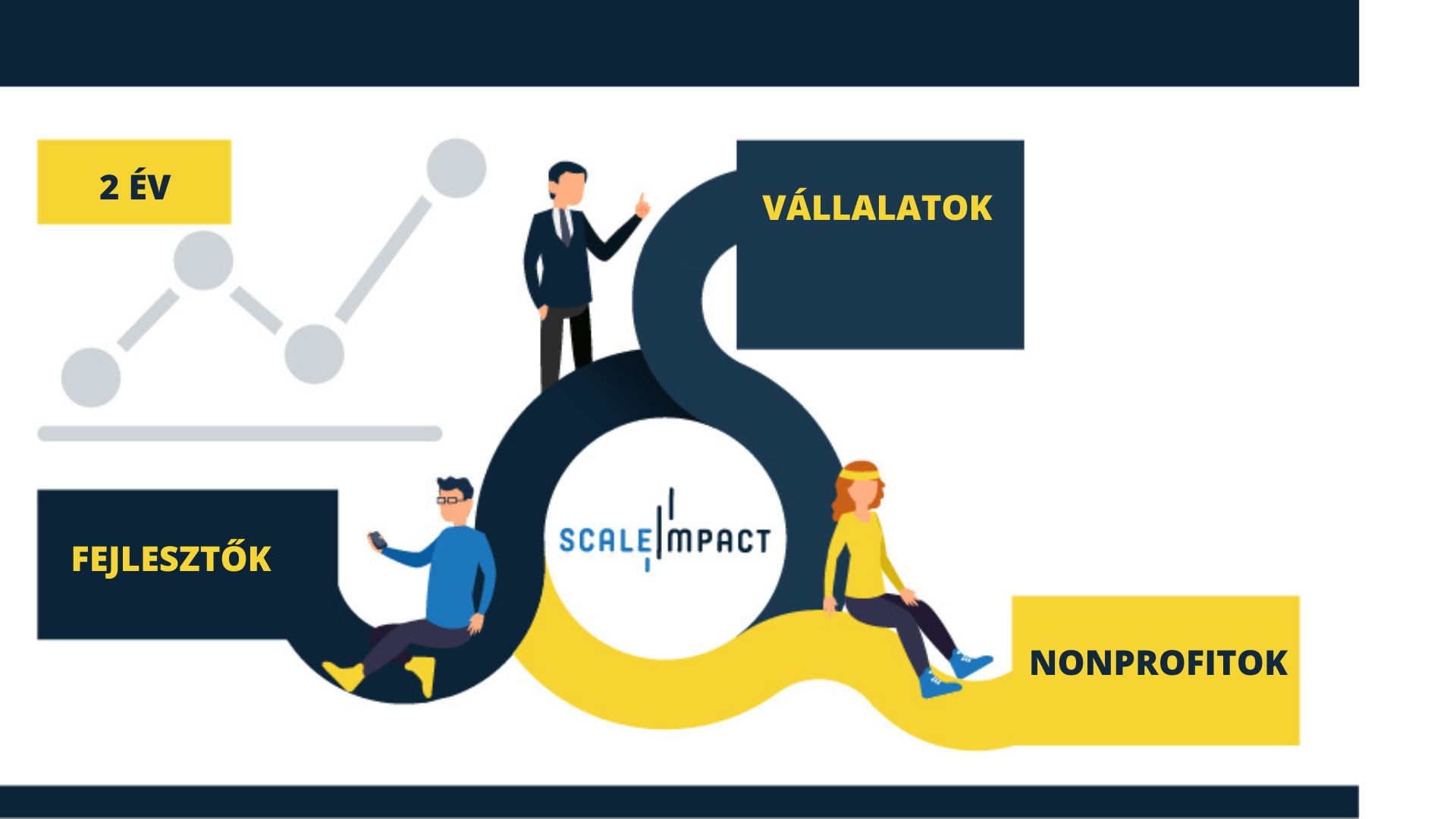
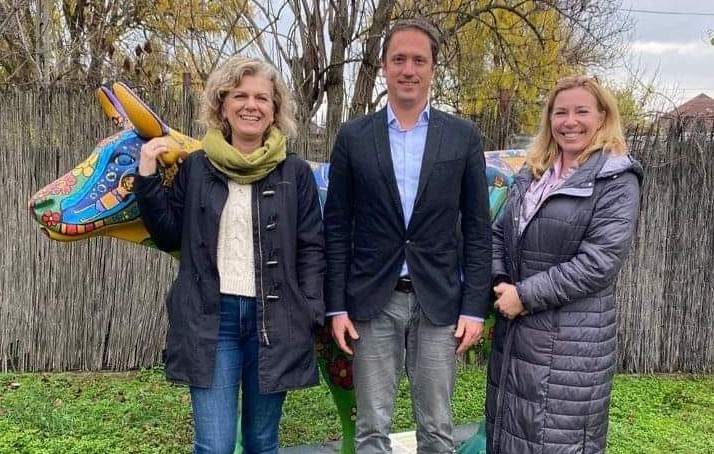
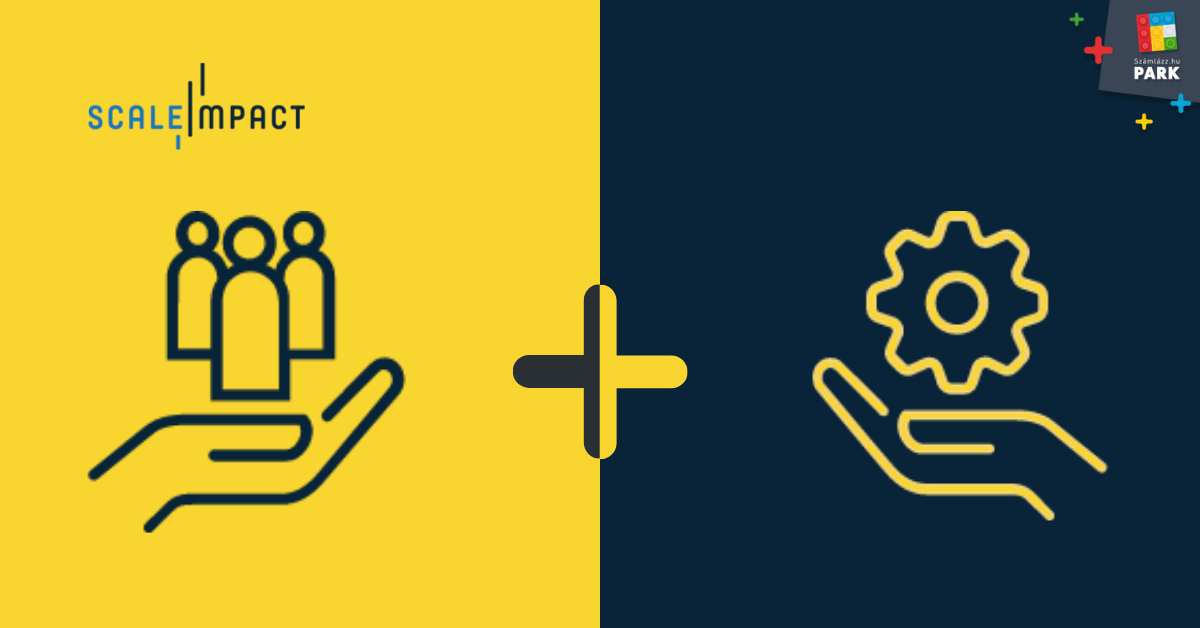
 by
by 


